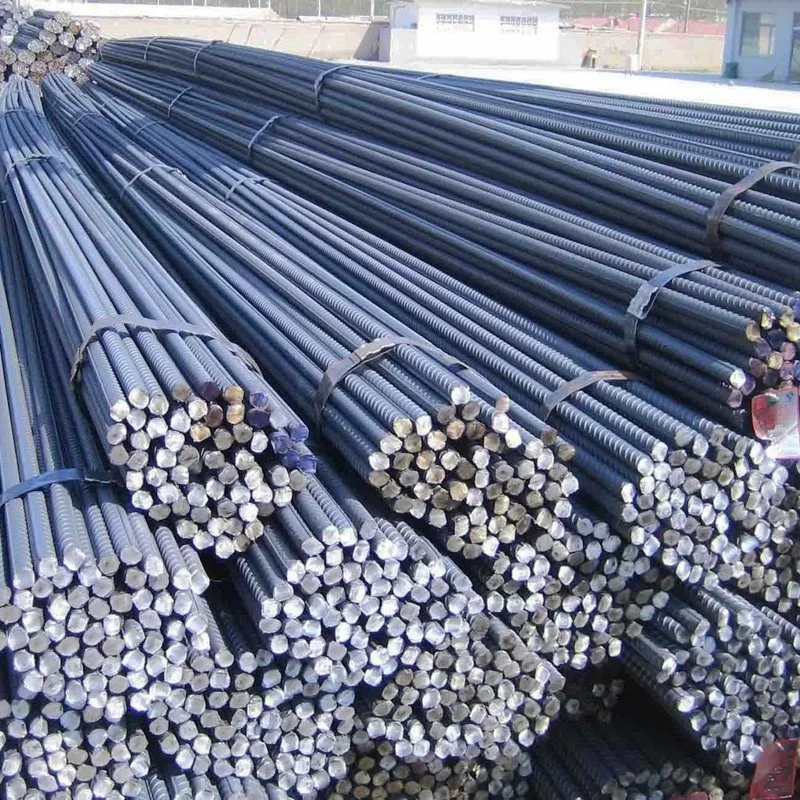Iron rods, commonly referred to as rebar (reinforcing bar), are essential in the construction and building industry. They provide the necessary tensile strength to concrete structures, making them vital for any building project. In Nigeria, the demand for iron rods is consistently high due to ongoing infrastructure development.
We explore the types, sizes, and uses of iron rods, along with an overview of their prices in Nigeria.
Types of Iron Rods
Mild Steel Bars
Mild steel bars are plain and round in cross-section. They are not deformed.
Uses: Suitable for small-scale projects like residential homes and small commercial buildings. They are also used in places where bending is required without much tensile stress.
Deformed Steel Bars
These bars have lugs, ribs, or deformations on their surface which helps in creating a stronger bond with the concrete.
Uses: Commonly used in large-scale construction projects such as bridges, highways, and high-rise buildings due to their superior strength and bonding characteristics.
High Yield Steel Bars
Made from high-tensile steel, these bars are designed to withstand high stress and strain.
Uses: Ideal for heavy construction projects where high strength is required. These include skyscrapers, dams, and large industrial complexes.
Sizes of Iron Rods
Iron rods come in various sizes, typically measured by their diameter. The most common sizes used in Nigeria include:
6mm Iron Rods: These are used for light construction work, such as in the production of wire mesh and binding materials.
8mm Iron Rods: Often used in the construction of smaller residential buildings and in the reinforcement of walls and slabs.
10mm Iron Rods: Suitable for reinforcing smaller beams and columns in residential buildings.
12mm Iron Rods: Commonly used in the construction of larger beams, columns, and slabs.
16mm Iron Rods: Typically used in heavy construction projects, including bridges and high-rise buildings.
20mm Iron Rods and Above: These are used in very heavy construction work, including large infrastructure projects like dams and large industrial complexes.
Uses of Iron Rods
The primary use of iron rods is in reinforcing concrete structures. The tensile strength provided by these rods helps in holding the concrete in compression, thereby increasing the overall strength and stability of the structure. Specific applications include:
Residential Buildings: Iron rods are used to reinforce the foundation, walls, beams, and slabs of residential homes, ensuring structural integrity and durability.
Commercial Buildings: Similar to residential buildings but on a larger scale, iron rods are crucial for the structural components of commercial buildings, including offices and shopping malls.
Infrastructure Projects: For bridges, roads, and highways, iron rods are indispensable in providing the required tensile strength to withstand heavy loads and dynamic forces.
Industrial Complexes: In industrial settings, iron rods are used to reinforce concrete in factory floors, warehouses, and other large-scale industrial facilities.
Public Works: Government projects such as dams, water treatment plants, and sewage systems heavily rely on reinforced concrete, making iron rods an essential component.
Prices of Iron Rods in Nigeria
The prices of iron rods in Nigeria can vary based on several factors, including global steel prices, local demand and supply, and transportation costs. As of 2024, here is an overview of the approximate prices for various sizes of iron rods:
6mm Iron Rods
Price Range: ₦500 – ₦700 per length
8mm Iron Rods
Price Range: ₦800 – ₦1,000 per length
10mm Iron Rods
Price Range: ₦1,200 – ₦1,500 per length
12mm Iron Rods
Price Range: ₦1,600 – ₦2,000 per length
16mm Iron Rods
Price Range: ₦2,500 – ₦3,200 per length
20mm Iron Rods and Above
Price Range: ₦3,500 – ₦5,000 per length
Factors Affecting Prices of Iron Rods
Global Market Trends
Fluctuations in the global steel market, driven by factors such as raw material costs, production levels, and international demand, significantly impact local prices.
Exchange Rates
Since Nigeria imports a substantial amount of steel, exchange rate volatility affects the cost of iron rods.
Local Demand and Supply
Prices can vary depending on the balance between local demand and supply. High demand during peak construction seasons can drive up prices.
Transportation Costs
The cost of transporting iron rods from production sites or ports to various locations across Nigeria also influences the final price.
Government Policies
Import tariffs, taxes, and other government regulations can affect the cost of iron rods in the local market.
Iron rods are crucial for the construction industry in Nigeria, providing the necessary reinforcement to concrete structures. Understanding the types, sizes, and uses of iron rods can help in selecting the right material for specific construction needs. While prices can fluctuate due to various factors, staying informed about market trends and local conditions can aid in making cost-effective decisions.

Be First to Comment